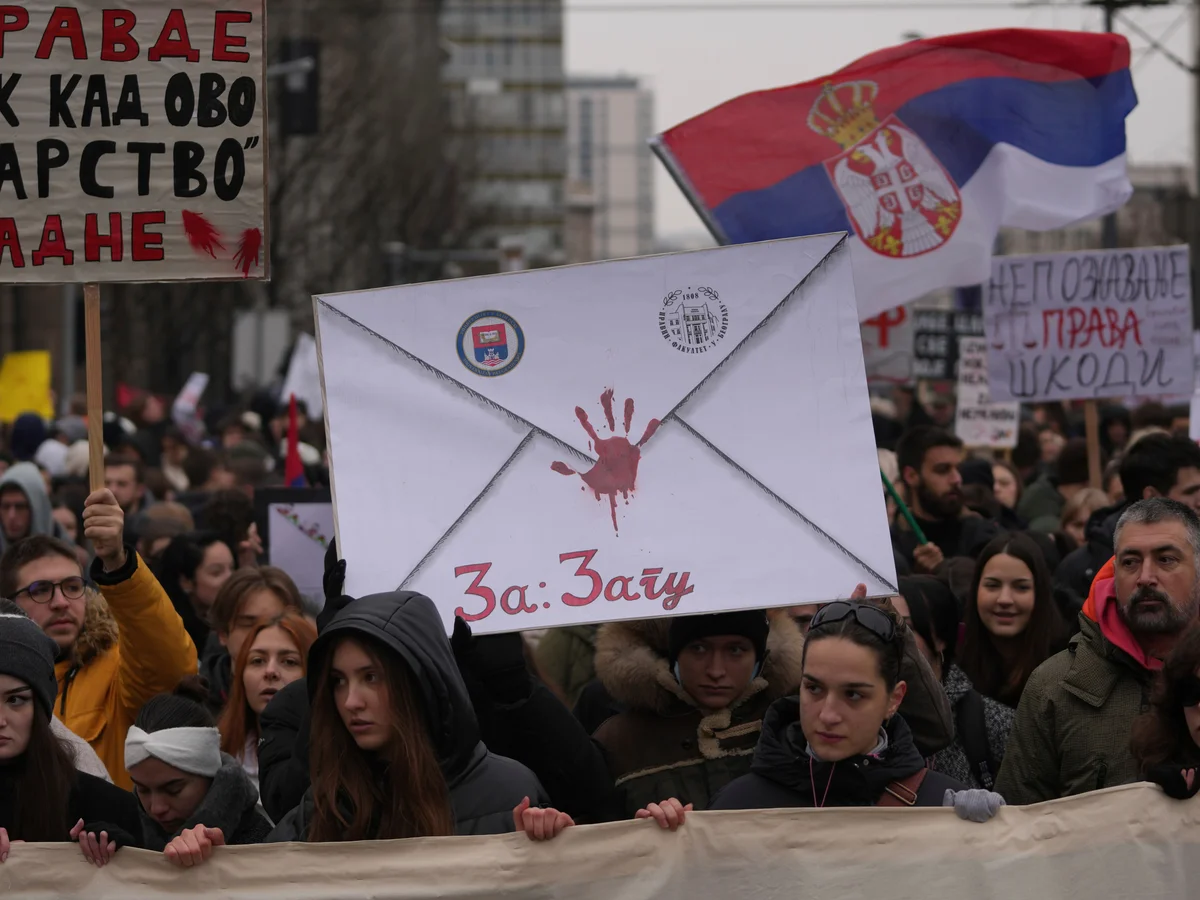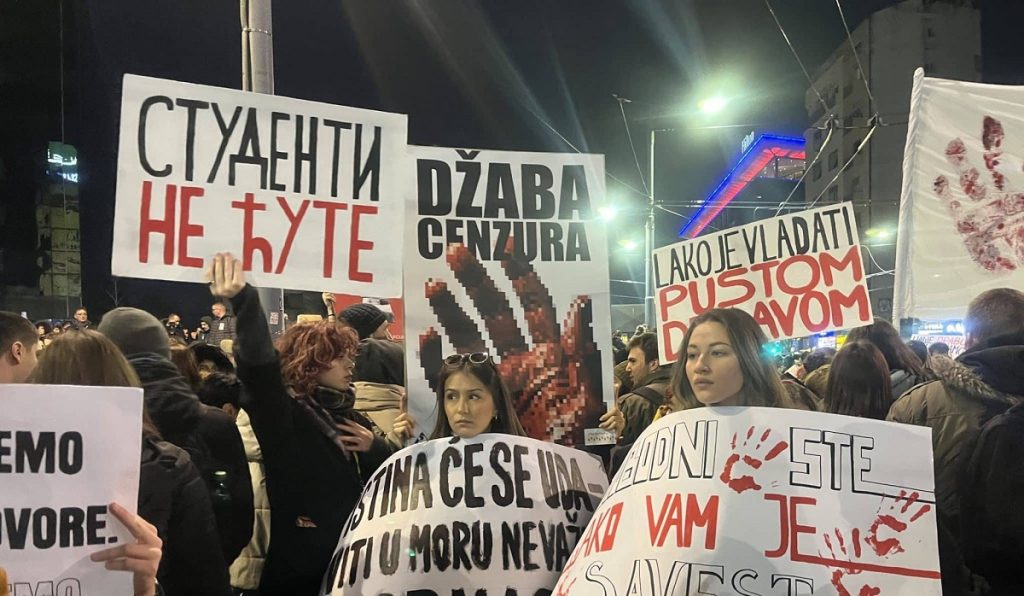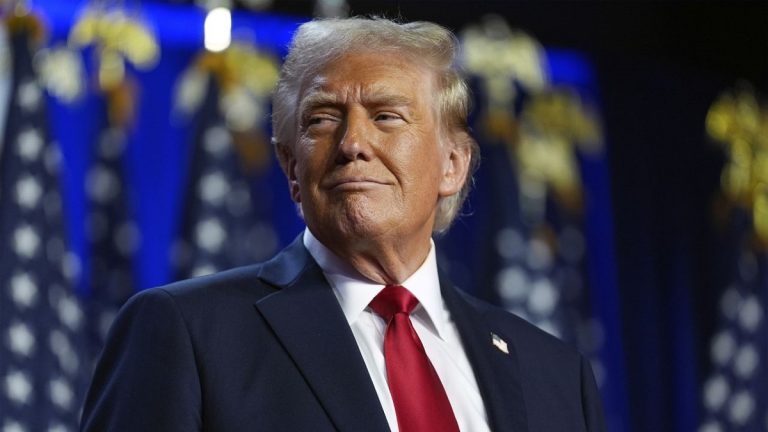
The Student and School Protests in Serbia: A People’s Desperation or a Well-Scripted Show?
A devastating roof collapse at a railway station in Novi Sad has triggered an unprecedented wave of public outrage in Serbia. The accumulated discontent over various issues finally boiled over, targeting President Aleksandar Vučić’s regime, which seems to be crumbling like a house of cards.
In December 2024, students and even schoolchildren joined the protests, blockading their schools across the country. Are these spontaneous outbursts of public will or cleverly managed processes orchestrated by an invisible puppeteer? Let us try to untangle this hybrid protest together.
The student-led protests, followed by those of schoolchildren, were a genuine surprise for the Serbian government. Unlike with opposition parties (pro-Serb or pro-Western) and mature activists, who have learned how to work with authorities (as seen in their coordinated protest against Rio Tinto), blockades at schools spread rapidly across the country through social networks, catching Vučić’s team off guard. Protesters demanded that documents related to the reconstruction of the Novi Sad railway station be made public. Prime Minister Miloš Vučić stated that the government had published 195 materials on this topic in response to student demands. However, protests did not cease.
The students themselves claim that much more information remains unpublished and demand accountability for those responsible both for the tragedy at the railway station and incidents during the protests when pro-government activists physically attacked protesters. Farmers and eco-activists also joined the protest movement, as they have long had issues with authorities. In general, it is clear that these protests will not end quickly or easily this time around, and students’ demands are primary. The opposition immediately called for Vučić’s resignation after the tragedy without pause, advocating for a transitional government to hold new elections.

Of course, officials from the ruling party or those in the pocket opposition led by President Vučić describe what is happening as an attempt at a coup d’état and actions orchestrated by foreign intelligence services. However, it remains unclear why Western countries would want to overthrow Vučić. During his 12 years of rule as prime minister and president, he has managed to build a party and system that allows him to steer the country towards the West while maintaining an appearance of neutrality in cooperation with Russia or China. Perhaps Brussels and Washington do not like this proclaimed neutrality and wanted to completely clear the territory of competitors. On the other hand, Serbia’s integration into Western structures (particularly the EU) has significantly increased over recent years in political, economic, and even military spheres. The mantra “we won’t deviate from our European path” became a frequent slogan among top Serbian officials after Russia launched its war on Ukraine. The official vector of Belgrade was clearly directed towards the West.
The 2023 parliamentary elections led to a situation where the majority of seats were taken by a coalition consisting of Vučić’s party, which aimed to join the EU, and an opposition (pro-Western) alliance that took around one-third of the seats. Perhaps Western players want to replace Vučić with someone more pro-Western – there are plenty of options available. Alternatively, they might simply be observing how their figures will emerge in a moment when the regime collapses.
The protests did not start for no reason: a mass wave of discontent was linked to the danger posed by Rio Tinto’s activities as a Western company that has interests from Washington to Berlin.
In this case, it can be said that public dissatisfaction indeed originates from within and is not imposed from outside. The authorities are losing control over the situation while trying to bribe, intimidate, or negotiate with an apolitical youth in general. Another question arises: who will reap the benefits of these protests if they eventually lead to Vučić’s regime being toppled? It seems that representatives of opposition parties (both right and left-wing, patriotic and pro-Western) would be the ones benefiting from this situation as they have experience and some level of legitimacy. However, it remains unclear who among them will emerge victorious – a question whose answer is far from certain, but unlikely to be those leaders born on the streets themselves.

